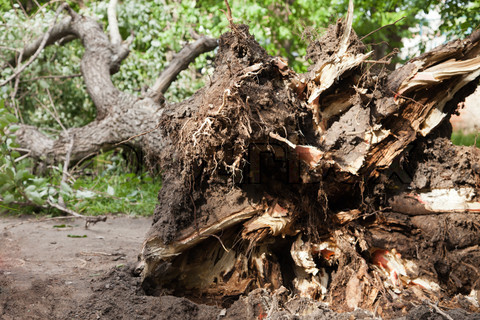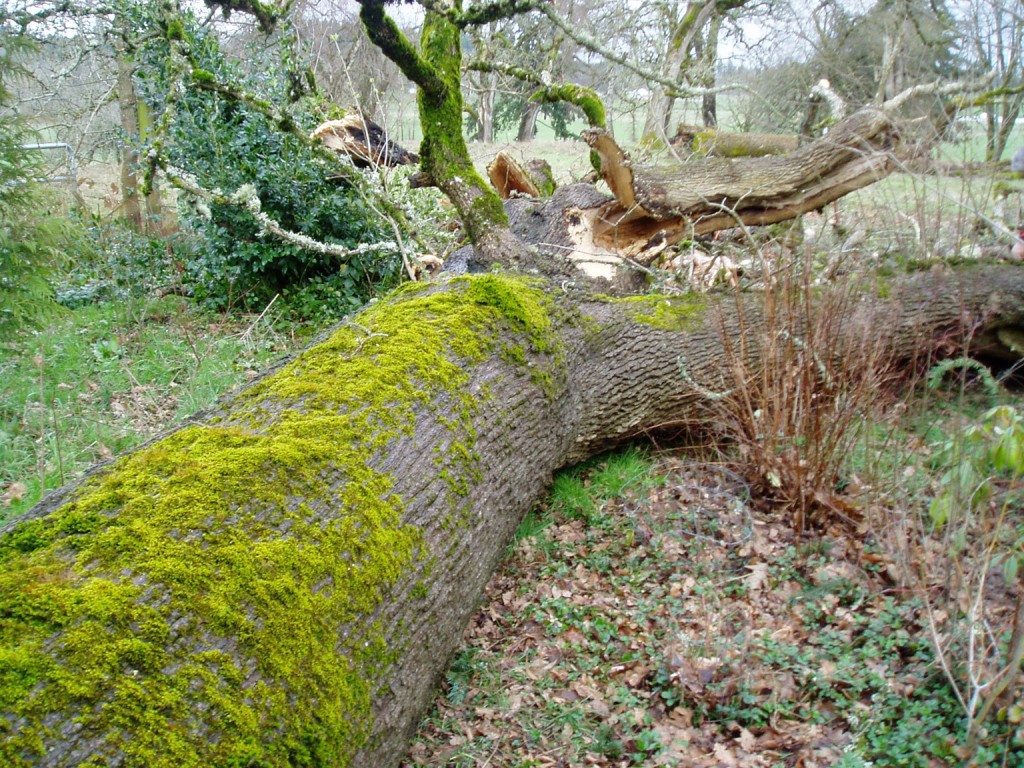Short Stories From 10 Years Ago – February 21, 2004
- At February 21, 2014
- By Rosemary Wright
- In My Column
 0
0

Short Stories From 10 Years Ago – February 21, 2004
Rooty Town
Short Stories From 10 Years Ago – February 21, 2004 – I grew up in the country. Both my parents were WWII veterans and they qualified for a Veterans Land Act (VLA) grant to build a home after the war. They bought a two acre parcel of land from a neighbourhood man who owned numerous tracts of timberland, and then set about building a home built.
I remember my mother worrying that there might not be enough money to pay the monthly $20.00 mortgage. At the time my father worked for ninety cents an hour. He was a trained pattern maker and machinist. Not much wonder that in later years he started his own, very successful business.
Our house was a three storey, centre hall – four bedroom home that sat proudly on top of a hill. It had a long curved driveway that was eventually expanded into a circular one. The ‘new lane’ as it was called was never as well used or comfortable as the old driveway, but it gave our house (or so I thought ) a certain cache. Our neighbours were on similar pieces of land on the highway.
Young families along that stretch of the road had anywhere from two to five children. My parents had purchased their piece of land from Howard McNabb, and he and his wife Ivy lived right next door. Their two kids were Marilyn and Little Howard. Across the road, was a working chicken and mink farm owned by Ken and Muriel MacLeod. They had 5 kids – Linda, Patricia, Cathy, Heather and John. To the south of us Merv and Addie Holmes had a small house.
A sizeable piece of vacant land, also owned by Howard McNabb, fronted along the road between the Holmes house and Ross and Dorothy Reid’s place. They had four kids. Their twin boys Darwin and David were our age.- followed by 2 little girls. Saul Podnick’s junk yard was next to the Reid house. Vern Parsons and his wife lived north of Howard’s place. Mr. Parsons had a picture-perfect home and his lawns were manicured to within an inch of their lives. His grass would have been afraid to lie down and die in a drought.
Beside the Parson home, Johnnie and Jean Watson had a small bungalow they shared with their boys Bob and Larry. That rounded our group – the “highway kids”. You can just see the potential for shenanigans – it was written all over our faces. Although not above some skullduggery, we were good kids.
One spring Howard decided to build a saw mill on his vacant piece of land, between the properties owned by Ross Reid and Merv Holmes. Not wanting to offend his neighbours, he cut a road through the middle of the property and ran it well back into the bush so the mill wasn’t visible from the highway. That gave him two advantages. No one was bothered by the noise from the saws and there was less chance of theft or vandalism.
In order to create the road Howard had to cut down a number of mature maple and beech trees – probably fifteen in total. He trimmed off the tops of the trees, upended the roots, cleared out the branches and bulldozed the trunks into a huge mound that was reminiscent of the start of a game of pick-up sticks – but SO much bigger! At the highest point – the tree logs piled together were probably 20 feet from the ground. Howard planned to clear the trunks away later in the summer – but for the time being they were out of the way – and he could concentrate on finishing the road and building the saw mill.

This giant jumble of tree logs, trunks and enormous root balls with the dirt still attached became an amazing playground for the highway kids. I’m not sure when we actually dubbed it Rooty Town, or who came up with the name – but Rooty Town it was and we loved it. It was as natural as breathing to go to Rooty Town after school and on week-ends.
The trees had been bull-dozed together in such a haphazard way at Rooty Town that caves, walk-ways, overhangs and crawl spaces had been created. The huge root balls with their network of roots and dirt looked like giant cob-webs and they formed the ends or sides of our underground caves. The tree trunks served as walk-ways and bridges from one part of Rooty Town to another. We hung up blankets and old curtains to cordon off our individual spaces and used flashlights and oil lamps for light.
We scrambled around Rooty Town as sure-footed as mountain goats. We shinnied up and down ropes like a family of monkeys and had pulleys to lower things down to the depths of our playground. We asked our parents for cast-off stuff to make it better and assembled old mis-matched dishes, mugs, pots, pictures, a couple of little tables and a few old wooden stools. Mostly we sat on the ground and spent endless hours plotting and planning and scheming about how to protect our fortress from possible outside invaders.
We told ghost stories in the evenings and scared ourselves silly, shared our deepest secrets and talked about all the things we would do when we grew up. We vowed to be friends forever and we meant it at the time. We couldn’t imagine a time would come when we wouldn’t be together. Sometimes there were two or three of us at Rooty Town and other times we numbered nine or ten. We didn’t have a leader or a chain of command. We were just kids playing in a wonderful world of our own making.
Our parents never came to Rooty Town looking for us. They always knew where we were. There was a generally accepted signal that it was time to go home. Ivy McNabb would honk the horn of their car in a familiar toot-toot-toot … toot-toot. We knew it was time for supper and headed off to our respective homes, but we knew we’d be back the next day – we never gave it a second thought.
We played in Rooty Town all through the late spring, summer and fall of that first year. In winter our hideaway was shrouded under a blanket of ice and snow waiting patiently for us to return. During February’s brief thaw we determined that all was well, and in spring we eagerly returned to our after school haunt. Gradually, other kids who lived further up the highway heard about our tree root town and began skulking around.
They wanted to have rules, regulations and allotted play times. We let them know they were not welcome. Their parents became aware of Rooty Town and it was only a matter of time before one of them complained to Howard that their kids might get hurt in this ramshackle pile of tree trunks.
Howard came to our house one night in late August to tell us that he was going to dismantle our playground after Labour Day week-end. We were shocked. We begged him not to, but to no avail. We played in Rooty Town that final week-end of the summer. We took apart all our secret rooms and hiding places, and lugged our blankets, pictures and mugs home. We promised to be friends forever. We wished all manner of bad things on the horrid, wimpy kids who had tattled to their parents. We plotted revenge and imagined kidnappings, tortute and mayhem.
We walked along our bridges for the last time and slid down the ropes into the heart of our tree town. We remembered all the wonderful hours we’d spent there and wondered how we’d live without Rooty Town. We cried and hugged each other and went to our separate homes – the McNabb kids, the MacLeod kids, the Reid kids, the Watson kids and the Wright kids. When we got home from school on Tuesday night Rooty Town was gone, and with it a piece of the innocence of youth.
I will always remember how special I felt there. I really belonged with all the other kids. I was strong and fearless when I walked along those big tree trunks or crawled down a dirt corridor to one of our secret rooms. It was a year and half of camaraderie, excitement, daring and wonder and then it was no more. The snows of many winters have come and gone since I played in Rooty Town, but the memory of that jumble of tree trunks and branches and dirt owns a special place in my heart. How I wish I had an actual photograph of Rooty Town and the “highway kids”.


Follow – A BEATING HEART